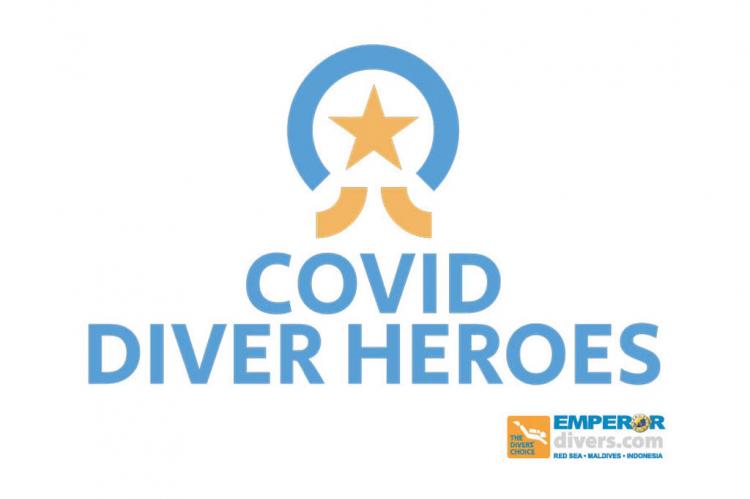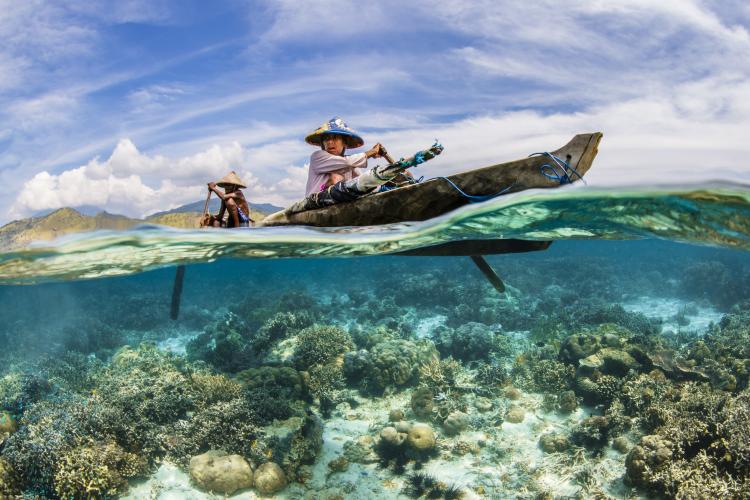Drones reveal social lives of orcas
In the pre-drone days, researchers relied on their observations of the orcas when they surfaced, and this was understandably limited.
“Until now, research on killer whale social networks has relied on seeing the whales when they surface, and recording which whales are together," said lead author Michael Weiss, of the University of Exeter.
"Looking down into the water from a drone allowed us to see details such as contact between individual whales," he added.






